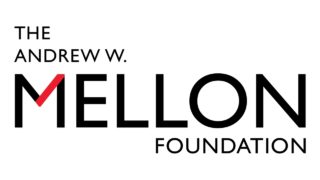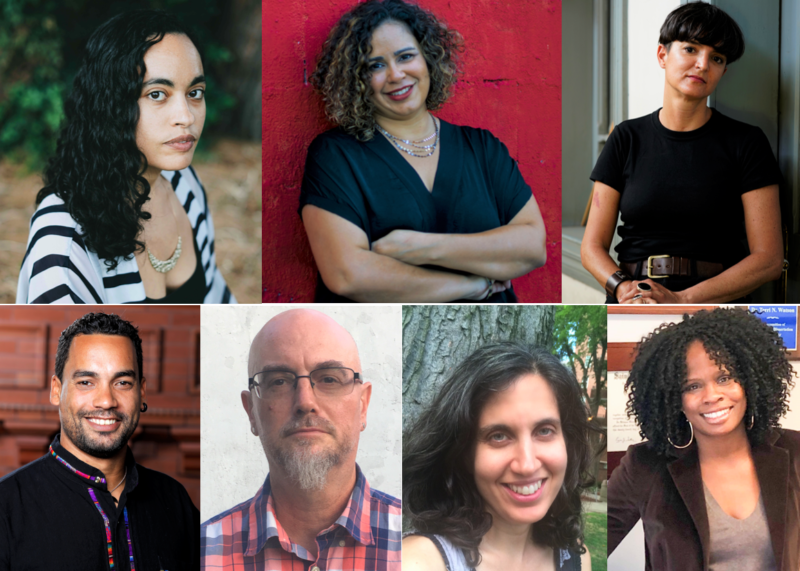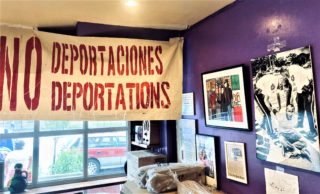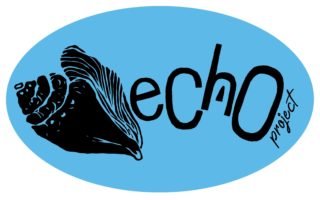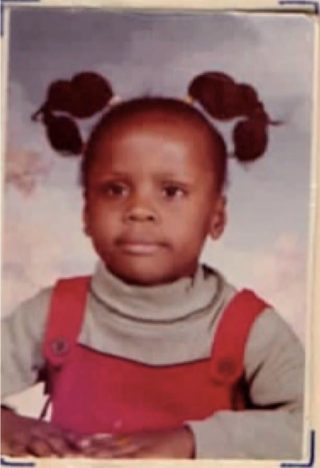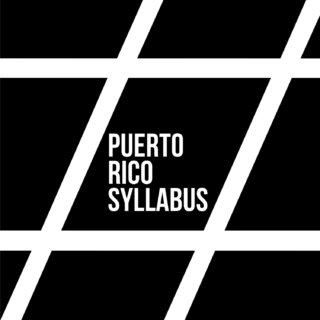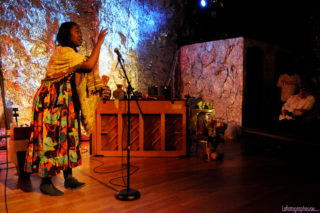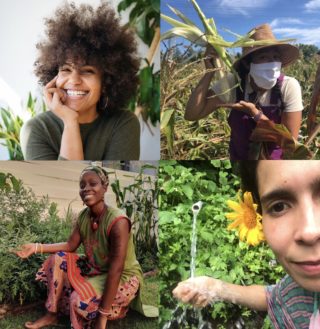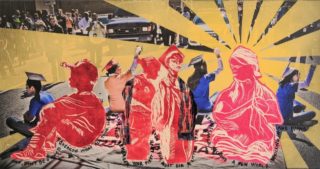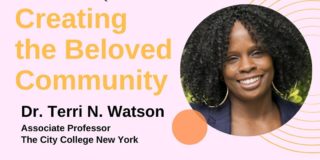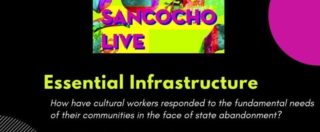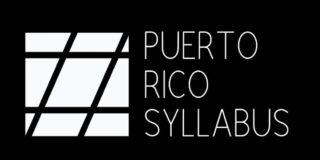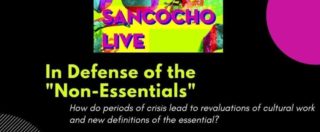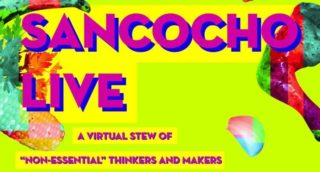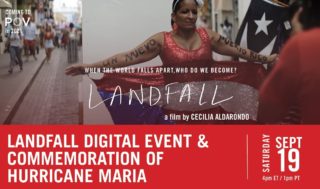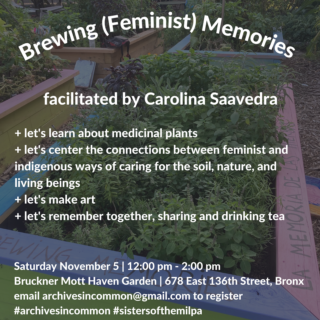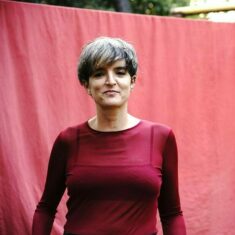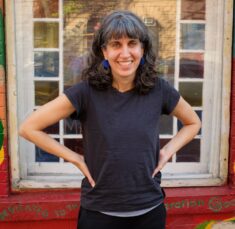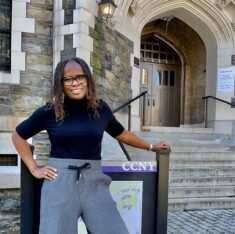Working with a cohort of faculty, graduate and undergraduate students, and community partners, the Andrew W. Mellon Seminar on Public Engagement and Collaborative Research is a transdisciplinary platform for creative, activist, and scholarly collaboration that supports humanistic research, teaching, and activities with transformative, social justice aims. The project opens up and democratizes knowledge production, supports civic and community engagement, and connects classrooms, CUNY campuses, and the city of New York. Seven CUNY faculty have been selected to lead the 2020-2020 iteration of the Seminar:
- Chloë Bass (Queens College, Department of Art and Art History)
- Yarimar Bonilla: (The Graduate Center, Department of Anthropology; Hunter College, Department of Africana, Puerto Rican and Latino Studies)
- Ángeles Donoso Macaya: (Borough of Manhattan Community College, Department of Modern Languages)
- Ryan Mann-Hamilton: (LaGuardia Community College, Department of Anthropology, and Department of Latin American Studies)
- Michael Menser: (Brooklyn College, Departments of Philosophy, Urban Sustainability Studies, and Caribbean Studies; The Graduate Center, Earth and Environmental Science, and Environmental Psychology)
- Naomi Schiller: (Brooklyn College & The Graduate Center, Department of Anthropology)
- Terri N. Watson: (The City College of New York, School of Education, Department of Leadership and Human Development)
Meet the cohort!
Chloë Bass
Chloë Bass (Queens College, Department of Art and Art History) is a conceptual artist and an Assistant Professor of Art at Queens College, where she co-directs Social Practice Queens.
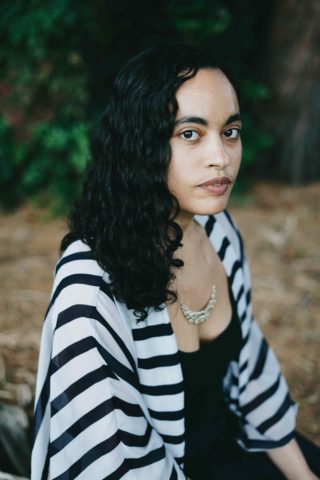
Here and Not There
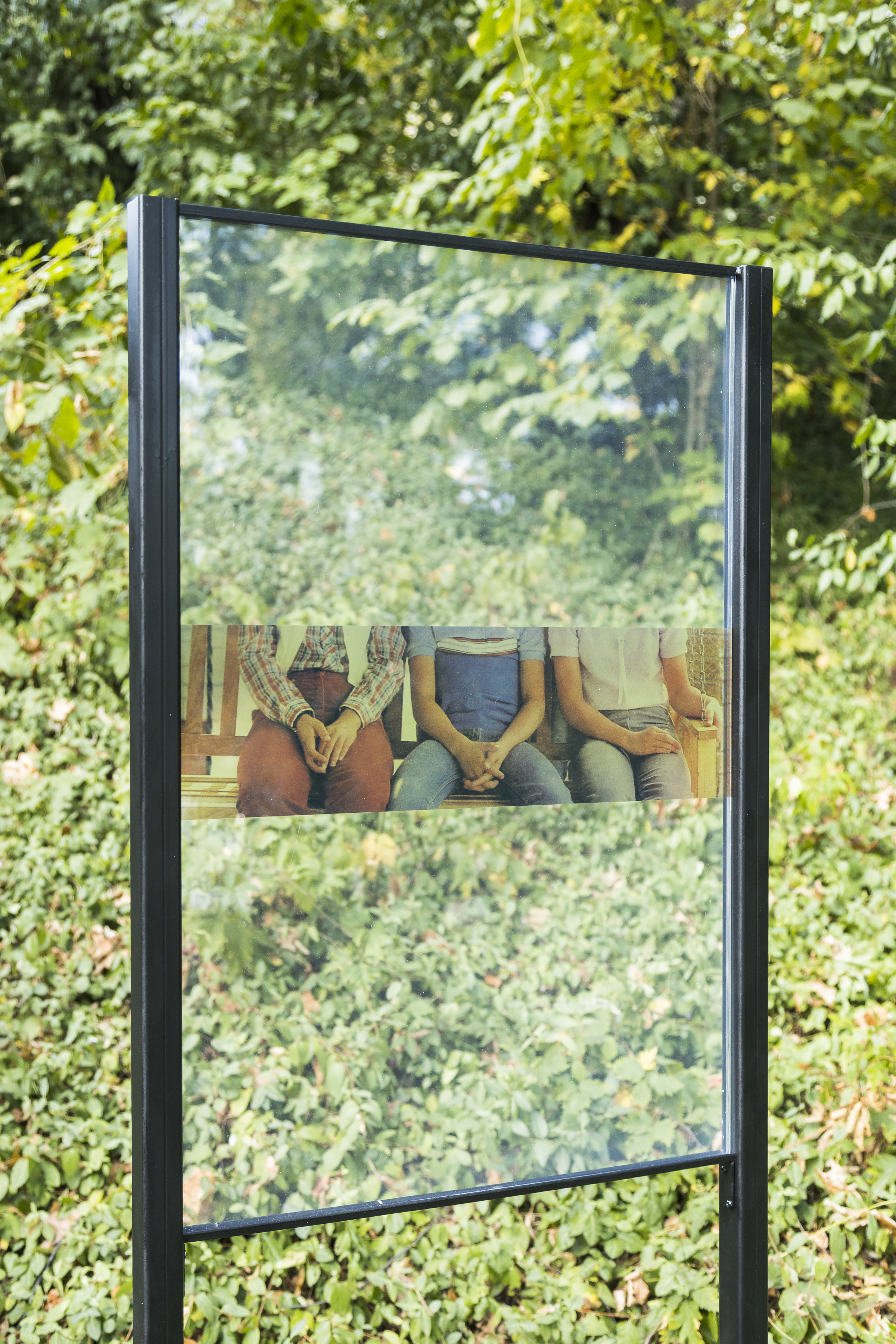
Chloë Bass’ Here and Not There is a collaborative study of the family photograph as a media form that holds significant power to broaden notions of kinship to include whole cities, shedding light on sometimes invisible structural and intrapersonal relationships. Using art and lived experience as research tools, Bass will work with collaborating individuals and institutions to gather photos and create albums that inspire private and public dialog about how socially constructed notions of “family” inform the way city dwellers understand their place in changing urban environments. Her artistic research will include elements of pedagogical engagement in partnership with the Queens Museum and Social Practice Queens.
Yarimar Bonilla
Yarimar Bonilla (The Graduate Center, Department of Anthropology; Hunter College, Department of Africana, Puerto Rican and Latino Studies) is a political anthropologist and prominent public intellectual specializing on questions of race and sovereignty across the Americas.
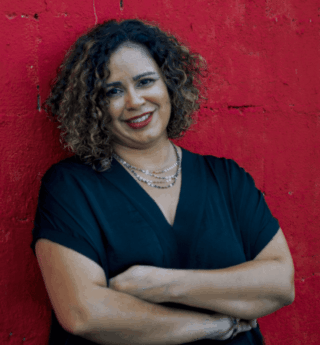
The Puerto Rico Syllabus
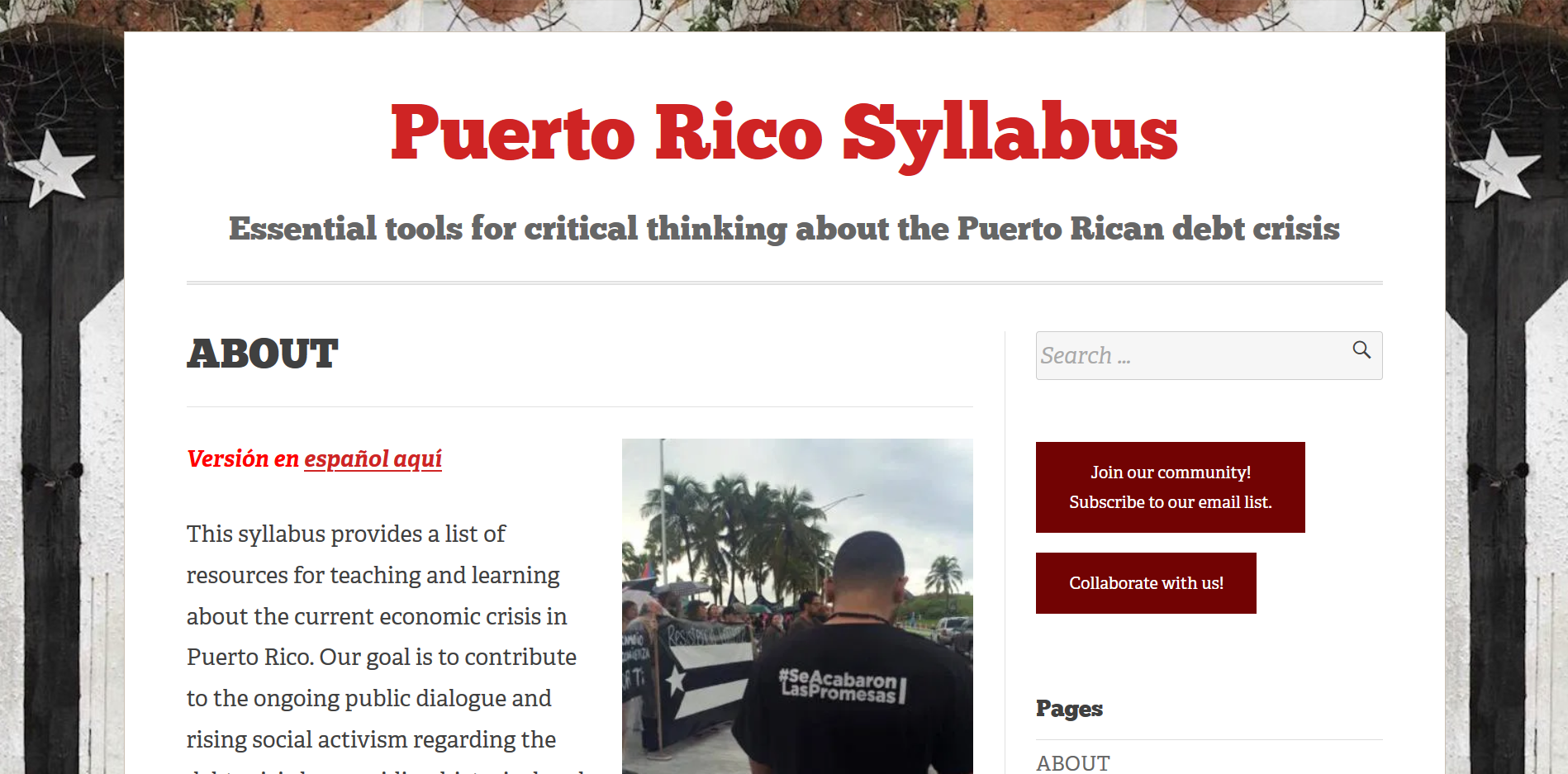
During the fellowship period, Yarimar Bonilla will build and extend The Puerto Rico Syllabus (https://puertoricosyllabus.com/ ), a digital resource for critical thinking about the Puerto Rican Debt Crisis. Through the organization of study groups, teach outs, performances, and other public events, The #PRSyllabus will promote and strengthen forms of public engagement around this digital project. At the same time, Bonilla will work to create dialog among other hashtag/public syllabi initiatives in order to produce a digital white paper on best practices and forms of evaluation for these kinds of efforts. As part of the #PRSyllabus, Bonilla organized a three-part virtual event series "Sancocho LIVE: Catastrophe, Resistance, & Joy" in partnership with The Clemente Soto Velez Cultural & Educational Center which brought together scholars,
writers, artists, and activists to think about how “non-essential”
communities, workers, and institutions are responding to the
intersecting catastrophes of the present.
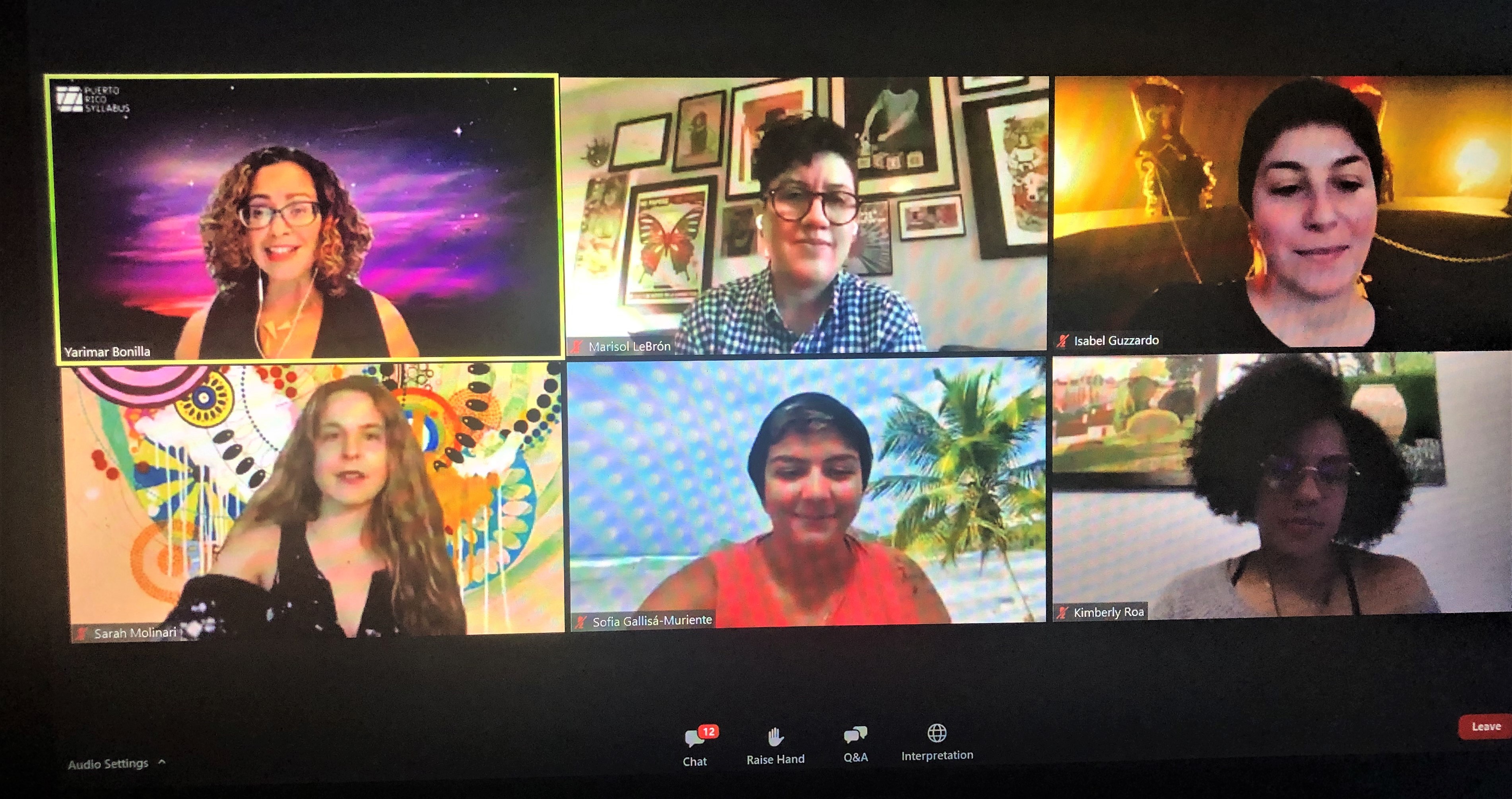
Ángeles Donoso Macaya
Ángeles Donoso Macaya (Borough of Manhattan Community College, Department of Modern Languages) is an immigrant professor,
researcher and organizer based in New York City. She is the author of The Insubordination of Photography: Documentary Practices under Chile’s Dictatorship (2020) and co-editor of Latina/os of the East Coast: A Critical Reader (2015). Ángeles has been involved in sanctuary work in NYC since 2017.
Archives in Common: Migrant Practices/Knowledges/Memory
Archives in Common: Migrant Practices/Knowledges/Memory brings together community organizers, members of immigrant communities, and members of the university community to 1) assist in the support and expansion of undocu-immigrant-led initiatives (cooperatives, workshops, and gardens) devised in the context of the COVID-19 pandemic and 2) think collectively about how to build an archive of the commons during a crisis. The archive’s form, structure, and contents will emerge out of the collaborative process of thinking, working, creating, and sustaining life together.
Ryan Mann-Hamilton
Ryan Mann-Hamilton: (LaGuardia Community College, Department of Anthropology, and Department of Latin American Studies) has extensive experience working on land and marine based conservation projects in the Caribbean and social justice activism in the context of the Americas, and supporting and participating in food sovereignty projects.
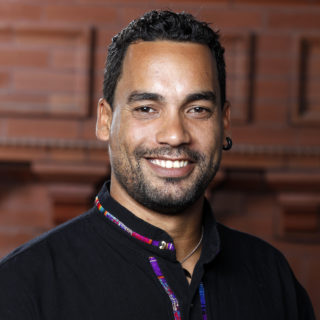
Environment Community Humanities Oasis (ECHO)
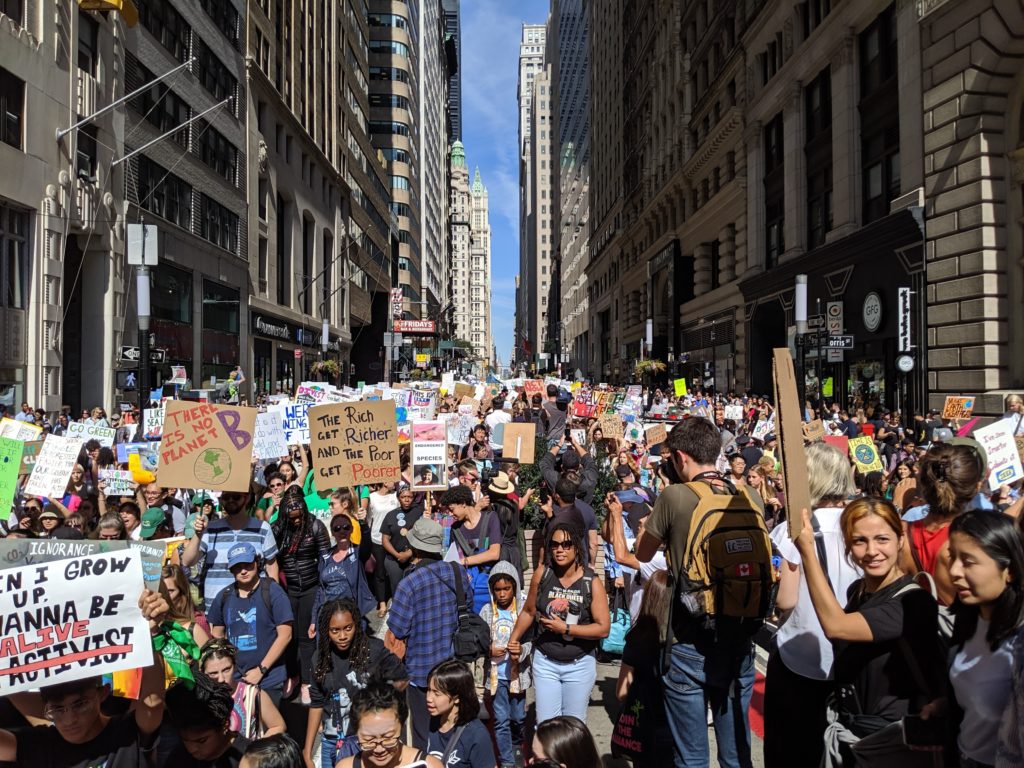
Environment Community Humanities Oasis (ECHO) brings students and their broader communities together to organize environmental justice actions rooted in transdisciplinary research on and around sensitive, waterfront environments adjacent to LaGuardia’s Queens campus. Grounded in the understanding that racial and environmental justice are inextricable, ECHO will also address uneven social and geographic effects of the climate crisis across the Americas through a series of conversations, collaborative events, classroom activities, and hands-on projects that scale to include both local and international concerns.
Michael Menser
Michael Menser: (Brooklyn College, Departments of Philosophy, Urban Sustainability Studies, and Caribbean Studies; The Graduate Center, Earth and Environmental Science, and Environmental Psychology) is the President of the Board of the Participatory Budgeting Project.
Resilient PB
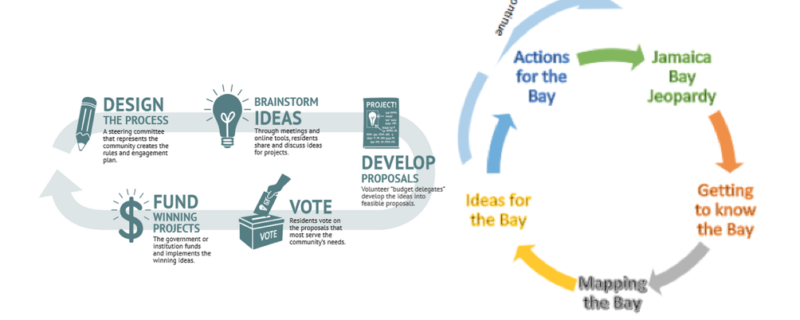
Participatory budgeting (PB) is a democratic process through which community members determine how public funds are allocated within their community. Resilient PB will create curriculum and programming to support and educate CUNY faculty and students to work with community stakeholders to promote participatory democracy and climate justice in NYC in a sustained manner. Collaborating with the NYC Civic Engagement Commission, Resilient PB aims to put CUNY and its communities at the forefront of NYC's efforts to meet existing and anticipated resiliency needs.
Naomi Schiller
Naomi Schiller: (Brooklyn College & The Graduate Center, Department of Anthropology) researches, writes, and teaches about urban politics, climate justice, visual and media anthropology, and the state in Latin America and the United States, and is the author of Channeling the State: Community Media and Popular Politics in Venezuela (Duke University Press 2018).
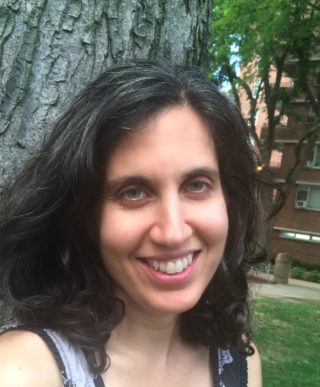
Just Coastlines: Life, Land Use, and Organizing in the Age of Climate Crisis
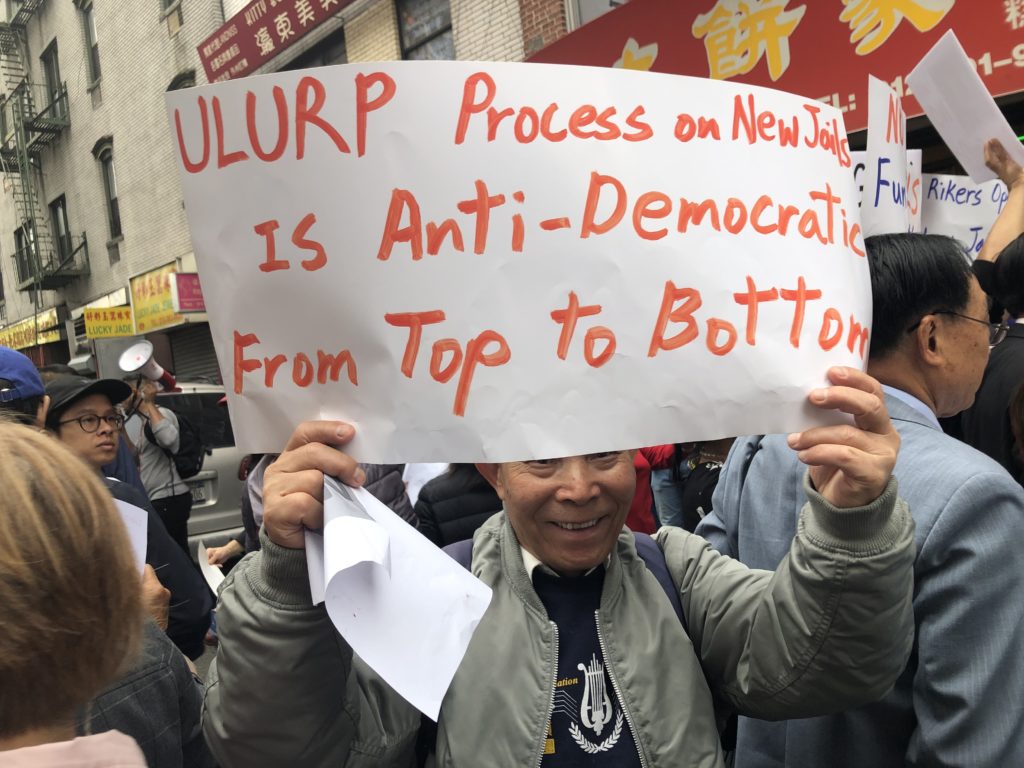
Terri N. Watson
A Harlem native, Terri N. Watson's (The City College of New York, School of Education, Department of Leadership and Human Development) research examines effective school leadership and is aimed to improve the educational outcomes and life chances of historically excluded and underserved students and families.
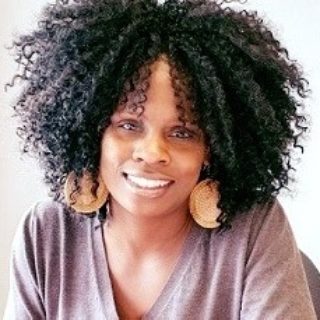
The Schools We Need: Lessons Learned from Harlem

The recent calls to desegregate New York City’s public schools reify the fact that equity, social justice, and access to meaningful schooling continue to be a significant problem for Black and Hispanic children and their families. The Schools We Need: Lessons Learned from Harlem, was inspired by nine mothers who, in 1958, successfully desegregated several public schools located on Manhattan’s upper west side. They also challenged deficit paradigms of Black motherhood and communities of Color. The Schools We Need will offer a series of ‘living room conversations’ that centers the voices, perspectives, and lived experiences of Harlem’s long-standing activist-residents. The ultimate goal of this project is to highlight the ways in which the institution of Black motherhood has transformed public education and to foster agency, community, and discourse around New York City’s desegregation efforts.
Graduate Student Fellows
Seven Graduate Student Fellows from The Graduate Center, CUNY will also participate in the Seminar. Working closely with the faculty leads, fellows will develop public humanities projects and practices in digital and new media spaces, in undergraduate and graduate classrooms, and through engagement with university leadership and administration. Fellows include:
Pedro Cabello del Moral (Latin American, Iberian and Latino Cultures/LAILAC) will mobilize decolonial methodologies in the post-covid scenario to practice and share non-hierarchical meaningful ways to create, critique, and interact with media.
Courtney Frantz (Sociology) will produce a permanent, public, accessible, troll-free online format to facilitate the making of care collectives for disabled people creating networks of interdependence.
Nga Than (Sociology) will use digital trace data and machine learning to analyze political polarization on social media and how hate speech and dis/information spreads from one platform to another.
Jadele McPherson (Cultural Anthropology) is exploring Afrofuturist and Afro-Caribbean sound ecologies with artists, students, and scholars. Through innovative performance methods, McPherson will study how sound can alter or shift environments.
Fernanda Blanco Vidal (Environmental Psychology) is working as a joint Teaching Fellow through both the Center for the Humanities and the Teaching and Learning Center. She is working with her students to produce public art projects on issues related to climate change, with a focus on gentrification and displacement.
Rosa Squillacote (Political Science) is developing a political pedagogy program that provides both training and resources for professors in different disciplines to engage their students as democratic citizens, while working to expand the definition and experience of democratic citizenship.
Eric Dean Wilson (English) is initiating conversation in both the classroom and through public panels around narratives of the oceanic crisis, through a wide range of narrative approaches from the journalistic and artistic to the academic, activitistic, and scientific.
Kristine Riley (Sociology) will work with CUNY administration to bridge and amplify public humanities initiatives across CUNY campuses. Her own work centers prison abolition and she will develop a suite of public programs and publications with youth organizers.
About the Seminar
The third iteration of the Seminar on Public Engagement and Collaborative Research
deepen the ways that the humanities function in public life and as a public good. Seminar participants model public humanities practices at CUNY and diversify ideas of professional, intellectual, and creative development. They redefine the role of engaged scholarship and collaboratively produced knowledge in public life.
“Each expansive project is authored collaboratively by participants and, in the process, changes minds and lives, builds community, models innovative scholarship and pedagogy, and deepens the meaning and relevance of humanistic inquiry to practical and intellectual challenges facing the university, the city, and the world.”
—Kendra Sullivan, Director of the Andrew W. Mellon Seminar on Public Engagement and Collaborative Research.
Guiding Values
Some of the questions that drive this Seminar include: What is the responsibility of a public university? How do we work honorably with the publics within and beyond our classrooms to produce and circulate knowledge that addresses critical and practical problems while creating cultural value across and within diverse communities? To whom is our research valuable and how can we best connect with those publics?
Some of the values guiding this work include:
- Collaboration. We foster equitable partnerships with individuals and institutions within and outside the university. These relationships are founded on trust, time, and mutual support.
- Social Justice. Our research supports reflection and action. It responds meaningfully to community-led social, environmental, and political justice movements.
- Dialogue. Our ideas evolve in concert with the concerns of our collaborative partners. We create and sustain conversation through creative, scholarly, and classroom activities.
- Sustained Engagement. Working on a two-year project arc affords the thoughtful development of project design, implementation, and reflection over time.
- Reciprocity. We employ participatory strategies to share our knowledge and resources with our partners and their publics.
- Creative Expression. Forms of critical and cultural production that build community such as storytelling, playwriting and performance, oral history, AR/VR, new media art, visual and installation art, exhibitions, video games, essays, editorials, poetry and public syllabi are central to our collaborative work.
The Seminar on Public Engagement and Collaborative Research is generously funded by The Andrew W. Mellon Foundation.
